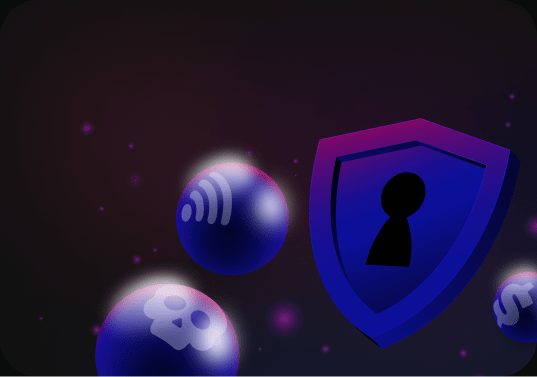“In Australia, 6 Million of 20 Million People Play Social Sports.”
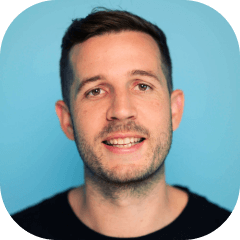
David Argyle of Just Play
on Sports Business
The phenomenon of social sports in Australia from the perspective of David Argyle, founder of Just Play, a one-of-a-kind digital startup to help adults find a team to play sports.
ANADEA
David, first things first, tell us how you came up with the concept of Just Play and what problem it solves.
DAVID
-
Back in the day, I was working for a traditional sports business in Australia. Australia has a culture of social sports that is different from anywhere else in the world. In Australia, it's very common for adults to play sports as a social activity after work. I worked in Malaysia for a while and people there played badminton on Fridays and had drinks after, so it works in other countries too, but in Australia, it’s a whole other level.
-
Nearly 6 million out of 20 million Australians play social sports, so there are roughly a million teams playing sports each week.
So to play a game in a venue, people needed to organize a whole team. The issue was people coming, wanting to play, but having no company because they were new to the city—they moved for work, for university, or some other reasons. -
What I did is I managed a few venues of this business using Microsoft Excel, recording people's names and trying to put the teams together. It didn't really work that well, but there was still enough interest and encouragement to keep going and start our own thing. It's been about two years of fumbling around with third-party products like team organization apps from the App Store, for example, Zapier.
ANADEA
Ok then, so for a couple of years, it's been third-party tools. At which point did you understand that you needed a custom app?
DAVID
We started in 2013 and I think it was 2015 when we first started inquiring around, thinking about custom sports app development. That's also when we could afford it as well since we started the business with no financing and literally had to pay for the development from the revenue of the business, so it took a little while to get into that position.
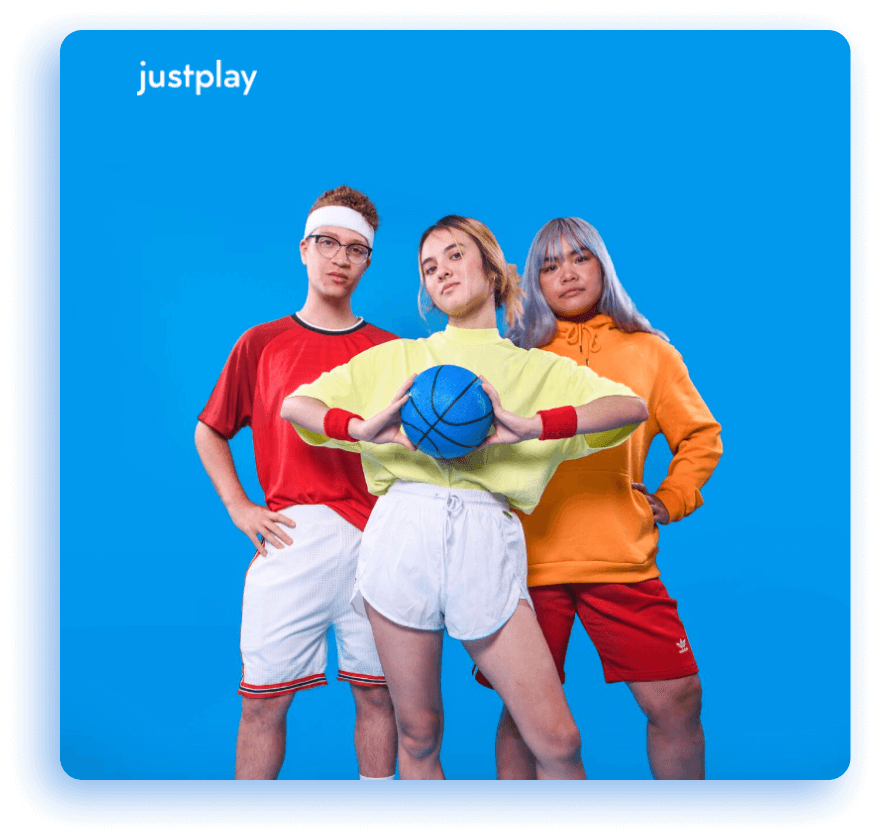
Referral as the user acquisition channel for sports apps
ANADEA
So you said that social sports are super popular in Australia and some other countries. How did you promote Just Play? Was the competition tough considering so high demand?
DAVID
-
Actually, there was no one doing what we were doing on this multi-venue multi-sport scale. No one had built an application for this purpose. And now we work with about 150 venues around Australia.
To answer the question about promotion, I need to better explain the business model. Venues want to monetize people’s interest in going to the gym, doing yoga classes, playing tennis, etc. -
But these people can’t just come and play alone. A venue would say they have to organize six more friends and pay for those friends as well, and all need to be there, say, at 7 PM on Wednesday. This is not that easy to do, but that’s how it’s always been done with sports venues.
So the appealing part about Just Play was that we could turn coming to these venues into a good experience for people. -
Venues would send people who needed a team to us since part of our agreement with them is that they refer individuals. Around 40% of our customers still come from that venue referral channel. Over time we’ve expanded to acquire more of our customers from SEO, word of mouth, organic and paid social, but initially, the referral traffic was a huge part of getting started.
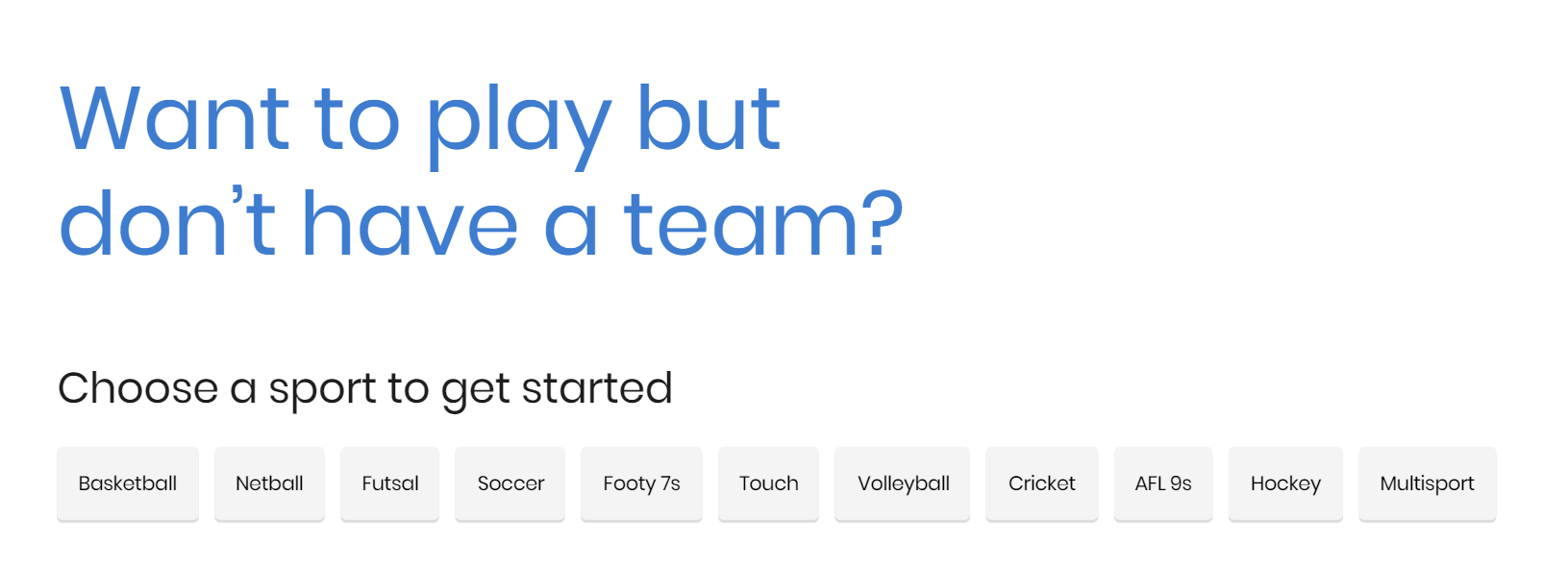

Practical approach to app development in the sports industry
ANADEA
That’s really impressive! So the app has been out for over five years now. How did it evolve over time?
DAVID
-
Well, it took from 6 to 12 months to get the first version out. After that, it was always changing! I mean, there were always things we wanted, but to start, we needed to know what we could build instead of what we wanted to build. Then, users always requested us to add some features, so changes have always been there. Now the app has a subscription component where users get charged for the following season, but we didn't have that in the first version.
-
And the nature of our agreements with the venues is they have cut-off dates for when we can register teams, which is a few weeks into the season.
So in the first year or two, before we had the subscription functionality, we would just email our users and say, “Hey, you need to sign up again.” And people wouldn't get around to it because life is busy. -
They assumed they could go back at any moment, but in fact, they couldn’t because it could be too late. As a result, we were losing profits as it wasn’t an easy way to collect money. So we decided to improve this really bad user experience. We already had the users’ credit card details and they only needed to opt in or opt out. That's an example of a feature that we introduced by analyzing user behavior, which solved the business need.
On choosing a sports app development company
ANADEA
Let’s speak about the realization of the platform, shall we? So you decided to outsource the development of Just Play. How did you choose Anadea among other options?
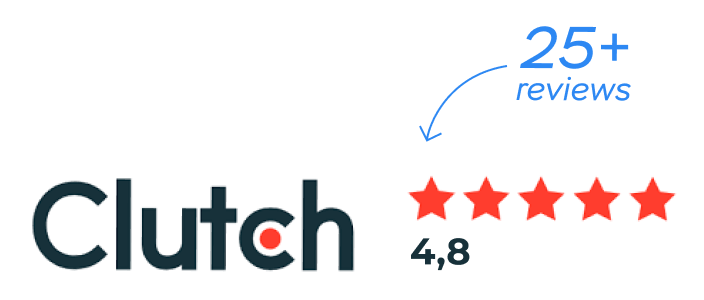
DAVID
-
That was a lot of just Internet research. We wanted the app development company to be cost-effective, have good English, and have enough experience in delivering a good product. At that moment in time, we settled on Eastern Europe because we found a number of companies that had built apps that we liked.
-
And the price point seemed good— not the cheapest that you could find, but a good value for the quality that you get.
Then, I think, Clutch is great. We filtered by Clutch reviews, selected a bunch of different companies, and then engaged in a dialogue. -
It gave a feel for how people were going to interact with us and how responsive they were because we didn't have any predetermined platforms or anything. It wasn't like we decided we were going to use Ruby or anything else; we were very open to all suggestions. So yeah, a bit of backward and forward, but that's the journey as I recall it seven-eight years ago.
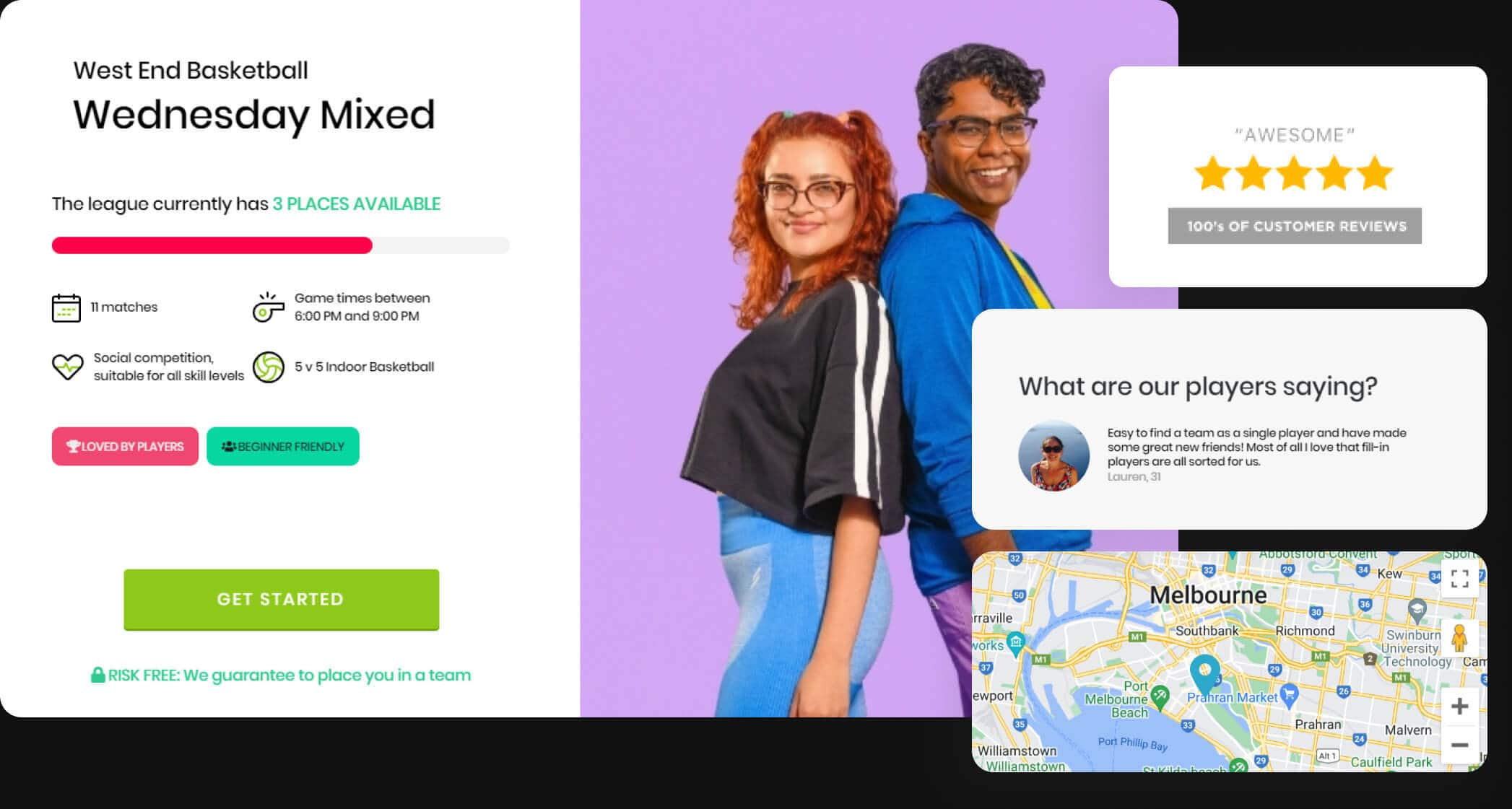
ANADEA
Based on your experience, could you can give some advice to other entrepreneurs who are choosing a company? It was your first experience working with a software development team, right?
DAVID
-
Yeah, it certainly was. As for the advice, I have recommended Clutch to plenty of people as a starting point. Their approach to reviews is pretty thorough; they’re hard to fudge which is often an issue with online reviews.
-
Then I’d suggest looking at what the company has built previously. I know it’s hard for people starting out but there's always a way to get your first project to a decent level. You could download a few apps the company built and use them. And if you aren't then still console, maybe speak to some of their earlier clients, why not?
-
With Anadea, there’s been a good understanding of what we're trying to do and technical competence was impressive, and it was comfortable interacting with them during all this time.
The role of technology choice in sports software development
ANADEA
There must have been quite some challenges over the project lifetime. If you had an opportunity to start Just Play all over, what would you have done differently? What advice could you give to yourself?

DAVID
I probably should have used some family money instead of my own :) (Laughs.) But that's a joke. What would I have done differently… I'm not sure there are any. You always learn from things, so why change anything? We're really happy with the application and the technologies we chose.
I know for sure that Ruby on Rails works great for us, we love Twilio for SMS… One thing, maybe we've got our payment gateway wrong at first, but it’s really hard to reflect back. Maybe it would be different if we have chosen Stripe instead of Braintree, but you never know what changes in 7 years.
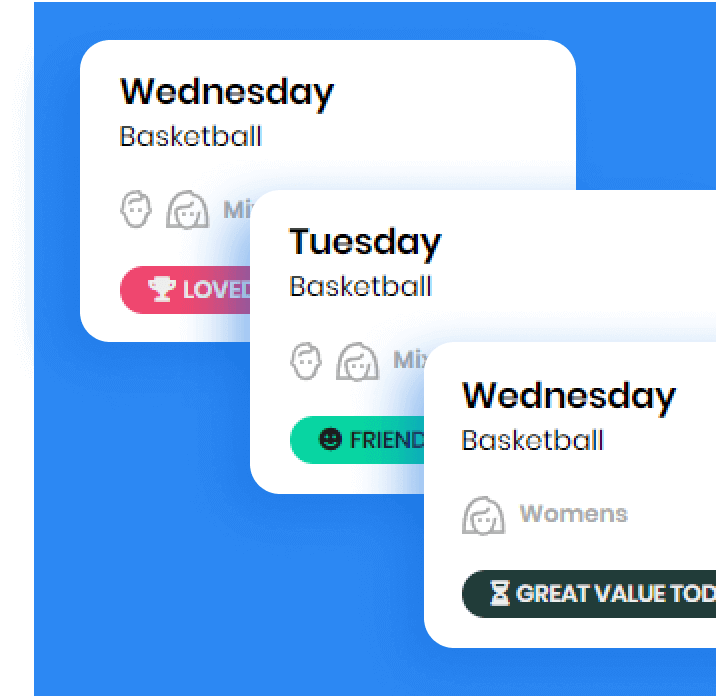
ANADEA
You mentioned a very interesting thing, the choice of technology. Who was in charge of choosing the technology on your project and how can you say the right one from wrong?
DAVID
-
I guess it's just watching the product evolve and get better over time and seeing how the technology performs. For example, Stripe Connect has a Marketplace feature that Braintree has no real equivalent of, but it’s hard to switch between services when you have 30.000 stored payment methods in Braintree. So it can be very compelling to keep it there in terms of choosing.
Of course, developers from Anadea made suggestions and we made decisions based on these suggestions. -
But we’ve come out of sports, not tech, and this was our first time building an application, so we were just relying on what we could hear or find on the Internet.
People that we knew that had worked in technology helped us too, but in the end it was all based on a feeling for what’s best, and on the whole, we're happy with most of the things we chose. -

ANADEA
So overall, you would suggest founders to just rely on the developers’ choice of what they find better for certain purpose?
DAVID
-
Yeah, I think it works if you feel that the developers have a really good understanding of what you need. However, most developers have a preference for some language and they're going to do better work in that one.
-
So if you're not happy with your developer’s suggestion, then I'd probably choose different developers before I tried to tell them to use a language that they don’t want to work with.
-
Just put yourself in the place of developer: you work with some language for years and then the client asks you to go with something different, of course it can be problematic and end up in lower quality.
Challenges of social sports & Future of Just Play
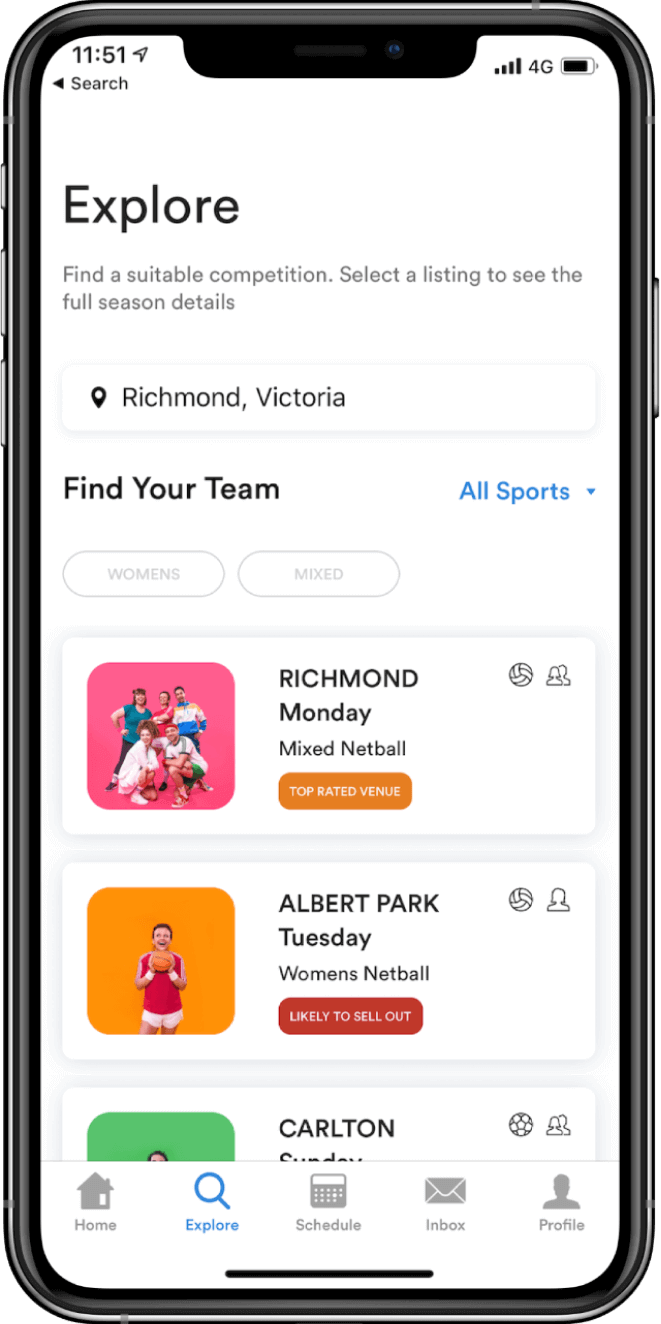
ANADEA
Does software development in the field of sports, particularly social sports, require any specific skills from developers?
DAVID
Probably just have patience with their clients who change their minds about adding and removing features all the time :) I don’t think it requires anything in particular, maybe just understanding some industry-specific challenges.
For example, there are things that don't change, like the number of T-shirts available in an e-commerce app, whereas in sports, the number of participants is never known for certain — they can be both too few and too many. And revenue is also difficult to forecast.
So in most businesses, the customer pays for the service and that's it, whereas in sports, if you run a yoga class and ten people book time, only seven can turn up, that’s very common.
The worst experience is when a basketball game is planned for a five + five team and only seven people show up. So even though 10 people paid, there are not enough people on the court for a proper game. And you can't just add people because then you’ll ruin the next team’s setup. That being said, the biggest and unique problem of social sports is predicting how many people will and will not show up.
ANADEA
What are your plans for the future of Just Play? What can be improved at this point?
DAVID
As far as where we could go next, we’re exploring the opportunity of providing more sporting-related activities, lessons and options on Just Play so that people can book find and do more via the app.
Another idea is getting in touch with small businesses, like tennis teachers, and offering them to promote themselves through the platform for a commission so that we send people to them. That’s what we want to do in the next few years.

ANADEA
How did Covid impact your business and what did it take to recover from it?
DAVID
-
Our balance sheet is still recovering from it, we're not quite back at pre-Covid revenue yet, although it’s been two years and a half. For five years prior to Covid, we've been growing roughly 25–30% each year, making around 1.5 million. We were on track to do 1.9–2 million in the Covid year — our financial year runs from July to June — and still haven't gotten back to that number.
-
Now we’re making around 130–140k a month, which is nearly 85% of pre-Covid revenue.
Also, Australia had one of the longest lockdowns; no venues have been open for eighteen months, so people just lost the habit of going outside on a rainy night to play which they did before. -
So yeah, we are still recovering, which is a little bit painful because it's been a long time. But in the meantime, lots of people have worse times, like obviously, the situation in Ukraine is much worse. At least we still have our health and our business.
Experience with Anadea
ANADEA
Now, could you please tell us how was your overall experience with the Anadea team? How was the work organized, was everything clear for you during your cooperation?
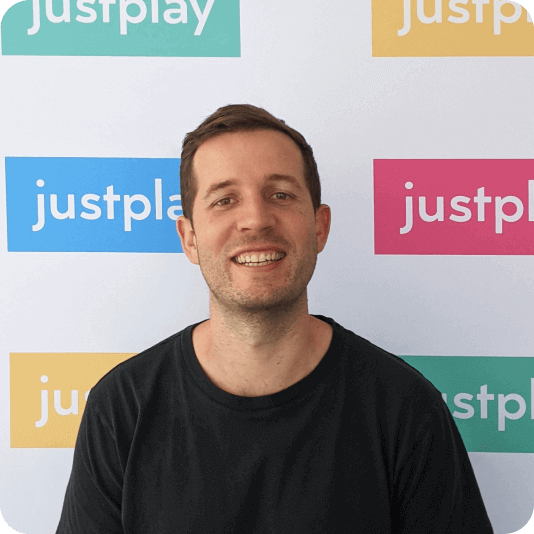
DAVID
-
We had a great experience and I really enjoyed building a long relationship with the team. We're really happy with the end product, the platform that we’ve built. It’s stable, responsive, and it was a great new experience creating a custom app.
-
Anadea played a massive part in terms of the platform's success. I think there are plenty of developers that we could have chosen where it wouldn't have worked out this well. Now that I've seen other people embark on projects, I think the outcome is partly the developer's responsibility, but when something doesn’t work, it can also be on a client who hasn’t given a clear enough vision of what they want.
-
Understanding what you actually want in your mind can be really challenging for developers without proper explanation. I hope we were good to work with and able to communicate what we wanted, and I hope that people from your side enjoyed working on the project. I think if you enjoy working on something, then you're always going to do a better job and deliver a better product.
ANADEA
David, there is one more question that we always ask our clients. Could you please describe Anadea in three words?
DAVID
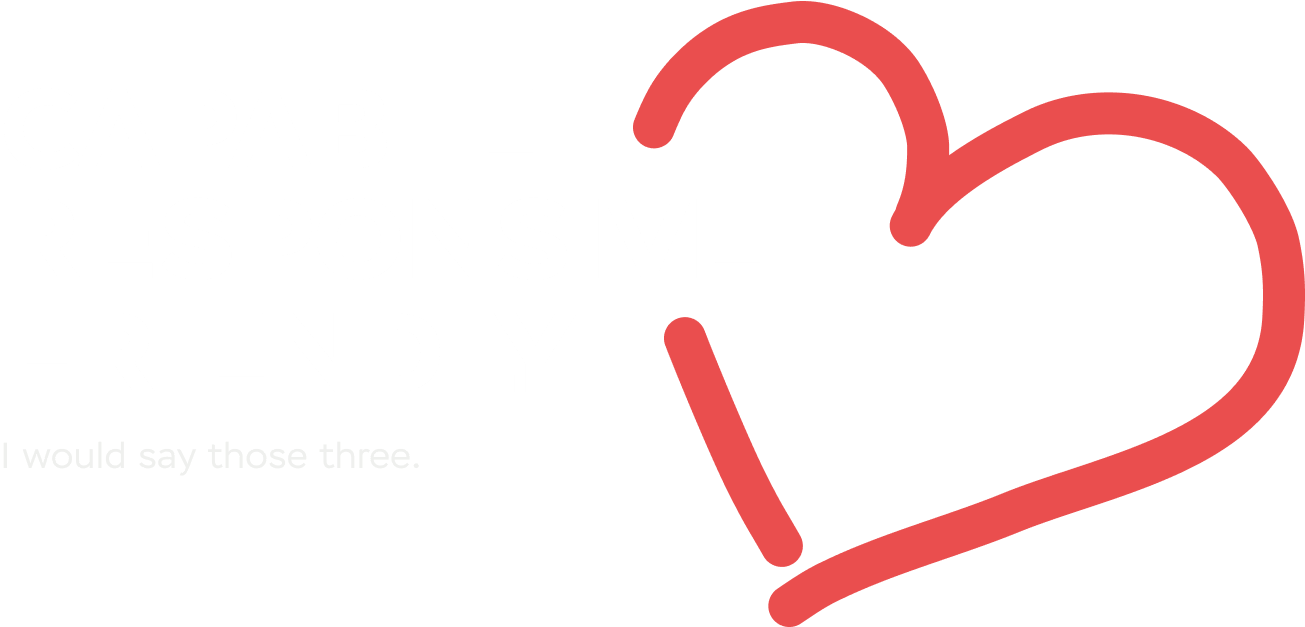
Don't dream of it, work for it!
Game-changing apps start here. Tell us about your project.
Send us your request for proposal, and we'll reply with the estimate.
Need more
inspiration?
Read more success stories









